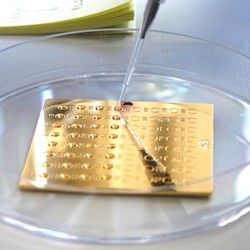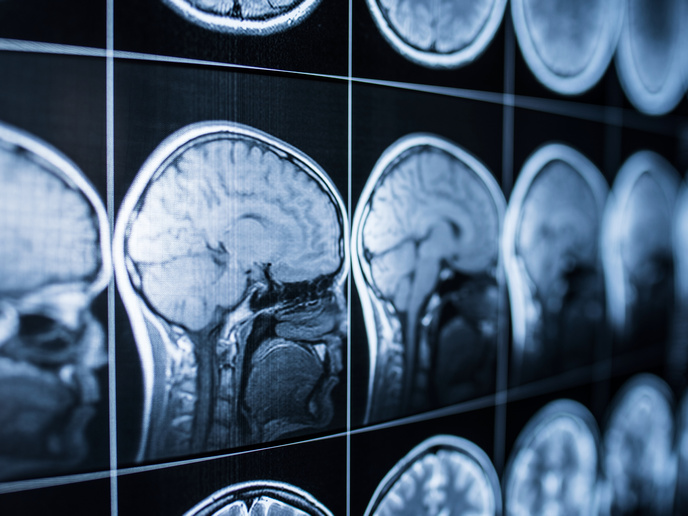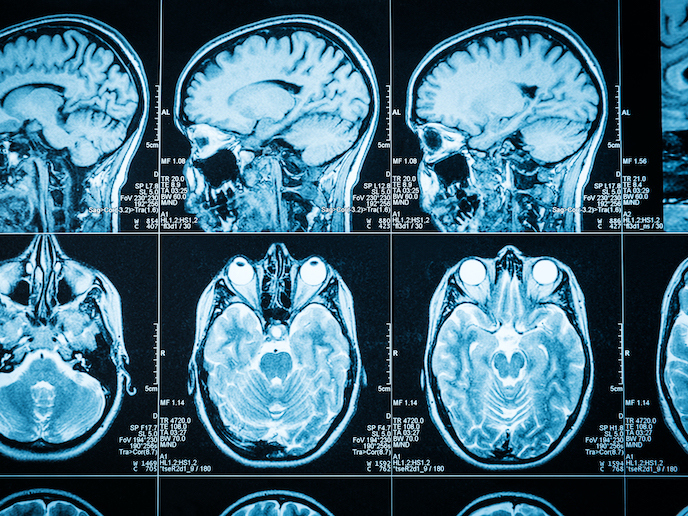Glycosylation as a new disease biomarker
Carbohydrate patterns on glycoproteins and glycolipids are used in recognition events between and within cells. However, cancer shows disturbed recognition pathways that lead to invasive growth and dissemination of tumour cells. This could translate into alterations in the addition of carbohydrates to protein or lipids, a process known as glycosylation. With Europe's leading scientists under its umbrella, the EU-funded GLYCOBIOM (Tools for the detection of novel glyco-biomarkers) project studied glycosylation in cancer. A large-scale investigation in this area would provide a rich spectrum of novel and structurally diverse carbohydrate-based biomarkers. Recent advances in analytical techniques such as carbohydrate arrays and high-performance liquid chromatography overcame existing bottlenecks and facilitated such high-throughput analysis. GLYCOBIOM followed a holistic approach by investigating carbohydrate structures, carbohydrate-modifying enzymes and carbohydrate-binding proteins. One approach entailed the use of recombinant glycan receptors to identify tumour-associated changes of the glycans in cancer cells. This was performed in tissue sections of carcinomas, and towards the recognition of subpopulations of leukaemia cells. Researchers studied glycobiomarkers in cancer patient blood samples and also developed a label-free analytical tool to capture and characterise glycan-binding proteins. They discovered that glycans could predict the speed of colon cancer progression, and generated a glycosylation-based test for cancer diagnosis with lower false-positive results. Similarly, in breast cancer glycan changes may be an independent diagnostic parameter that could improve patient stratification and appropriate treatment decision. These achievements were complemented by the GlycoBase(opens in new window) online platform, which provides tools for biomarker discovery. Collectively, GLYCOBIOM activities will enable the unambiguous and fast detection of certain cancers, as well as tailored therapy for individual patients.







